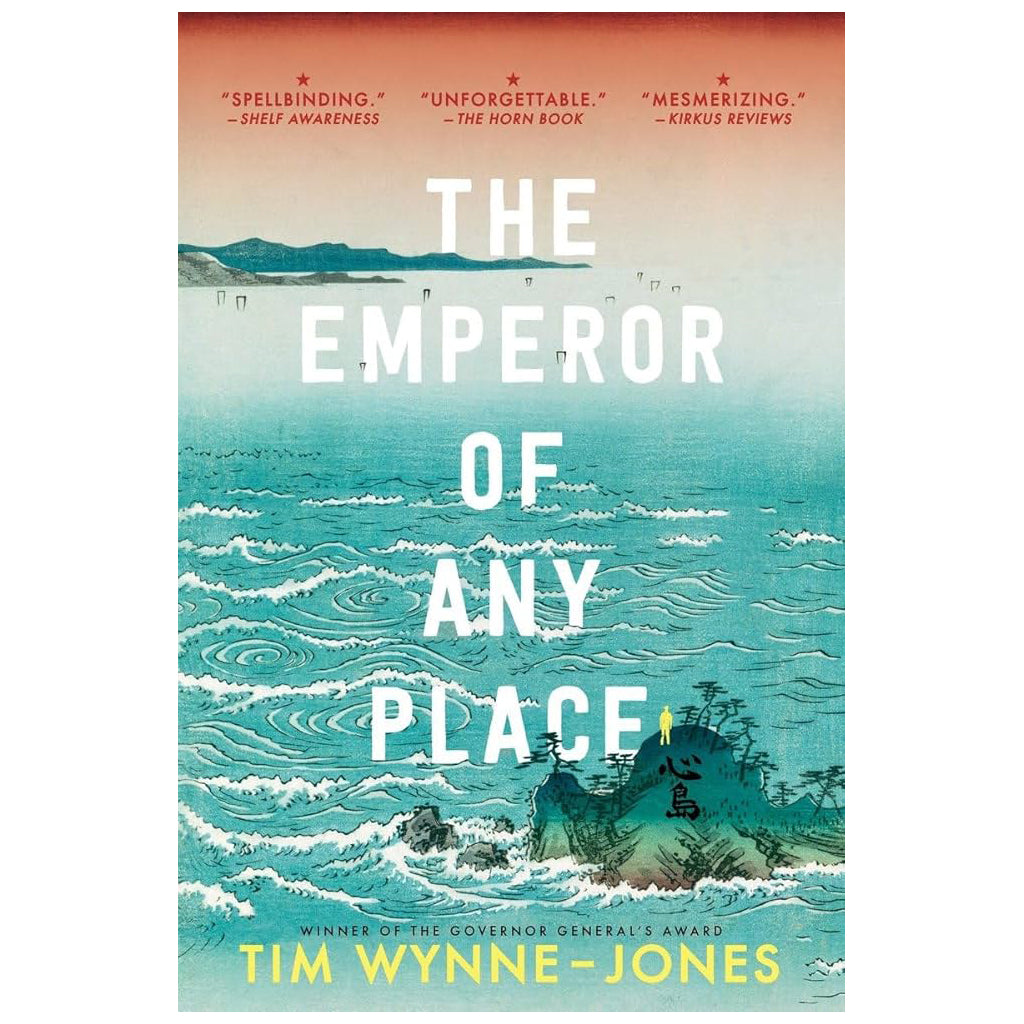Evan stands at the door to his father’s study. There is a sign at eye level: THE DOCKYARD. It was a present he gave to his father ast Christmas, made of cork so that if the house sank, at least the sign would still float. Their little joke.
He raises his hand to knock— a habit he can begin to unlearn. So much of grief is unlearning. He opens the door, steps inside, and takes a shallow breath, afraid of what might belingering on the air. But there are only the old familiar smells:Royal Lime aftershave, glue, sawdust.
This is where he found him.
He thought his father had fallen asleep. The only sign that anything was wrong was the new model ship lying on its side on the carpet. His father had finished it the evening before—fourteen days ago. Evan had picked up the ship; it wasn’t damaged. He found a space for it on the shelf with the other ships, a couple dozen of them. He placed it there to join his father’s bottled armada. “Not so grand as an armada,” his father had once said. “More like a flotilla.”
Clifford E. Griffin III, a modest man.
It was strange doing that, picking up the boat and placing it carefully on the shelf, pretending his father was asleep behind him. Only asleep. There was no blood, no sign of a struggle, just the boat in its bottle on its side on the floor. And his father pitched over his desk, his face strained, his eyelids and jaw tense, rigor mortis setting in. He even died modestly.
Hypertrophiccardiomyopathy. The muscle of his heart had been thickening. Evan had watched his father rub his chest afair bit, the look on his face more annoyance than pain. And he would get short of breath when he was gardening. That was about it.
And then that was it.
Fourteen days ago. No — fifteen. Now Evan moves into the room, heads over to the desk, the chair pushed back so hard against the wall by the paramedics that it left a dent in the plaster just under the window. The chair is still there up against the wall. The plants on the sill are dead. One more thing Evan has forgotten to do. There are dried leaves on the floor.
The ambulance arrived thirteen minutes after he called 911.The fire truck got there three minutes faster. Evan stood shivering at the open front door in his boxers and T-shirt, watching the cartoon-red ladder truck pull into the driveway, wondering whether he’d somehow called the wrong number. Huge men, dressed for putting out fires, piled out of the vehicle, sniffed the air, looked up into the early morning haze for smoke or flames— the kind of stuff they were good at. Then two of them set off at a run around the perimeter of the house— one this way, one that— while three of them entered, so large, they seemed to fill up the place and suck out all the air. Evan thought maybe he was suffocating.
One of them checked out the Dockyard. Another one found a blanket somewhere and wrapped Evan up in it, made him sit in the living room, trembling even though it was July. The third fireman brought him water in a glass from the kitchen.
“Is there someone we should call?”
Evan shook his head. His dad was retired now, so he wasn’t going to be late for work. Oh! The fireman meant family:another parent or auntie, an older sibling— that kind of someone. But there really wasn’t anyone. Not one he could think of right then, that is— right at that precise moment. Just him and Dad.


